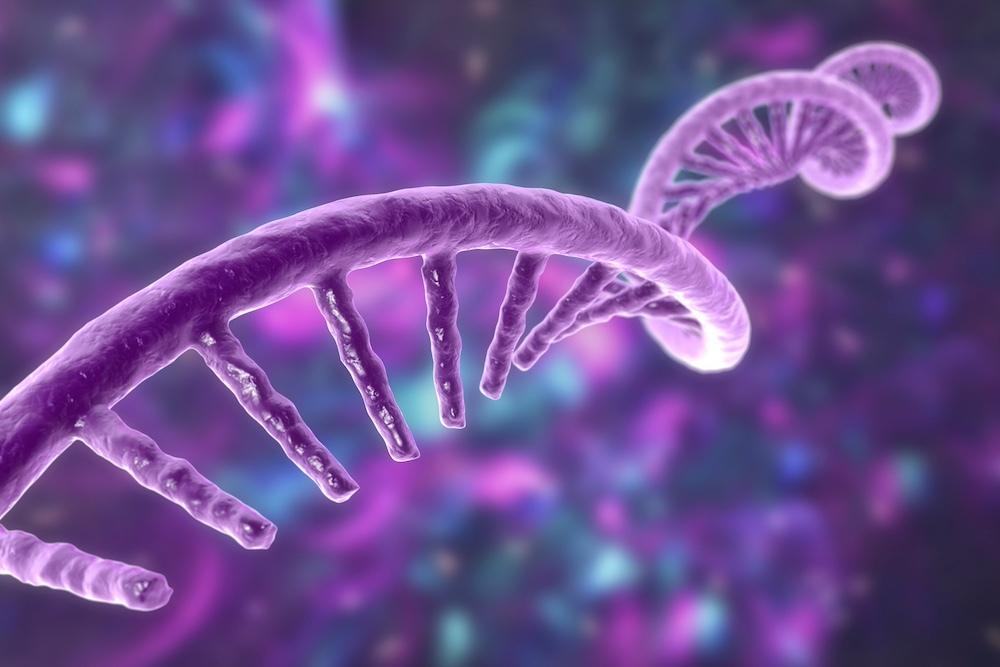We are pleased to announce the eight awardees in the fifth round of the UK DRI Translation Award programme – designed to unlock impact and drive translation within the Institute, kick starting the early development of projects to bring us closer to new treatments and technologies for dementia.
The fifth round of the Translation Awards is generously supported by LifeArc, Alzheimer’s Research UK and MRC’s IAA funding. The scientific review panel were impressed with the high standard of applications submitted from across all UK DRI centres and were pleased to award funding to eight outstanding projects.
We’re delighted to be supporting eight exceptional projects in this round of the Translation Award programme. These projects have huge potential to make a big impact for people affected by neurodegenerative disease, and I look forward to seeing their progress.
Chief Business Officer
The eight projects awarded funding in this round of the Translation Award programme are as follows:
Screening for molecules to enhance neuronal health in ALS/FTD
Prof Adrian Isaacs, UK DRI at UCL
Supported by Alzheimer's Research UK / MRC IAA
A common hallmark of nearly all amyotrophic lateral sclerosis and frontotemporal dementia (FTD) cases is a reduction in the levels of a protein called UNC13A, which plays a vital role in the nervous system. Therefore, enhancing UNC13A is a major treatment target in ALS/FTD. In this study, Prof Adrian Isaacs and team aim to run a large-scale screen to identify molecules that could enhance UNC13A levels and restore neuronal health.
Developing a new gene therapy approach for Alzheimer’s
Dr Marc Aurel Busche, UK DRI at UCL
Supported by LifeArc
Recent research has identified a protein called Neuronal Pentraxin 2 (NPTX2) as an early and robust marker of Alzheimer’s disease. Levels of NPTX2 begin to decline in the brain several years before symptoms appear, and this decrease is strongly linked to the progression of the disease and subsequent cognitive decline. NPTX2 plays a crucial role in maintaining healthy communication between neurons, particularly involving another protein called GluA4. This project aims to explore new strategies to stabilise the NPTX2/GluA4 pathway and protect neuronal function during the early stages of Alzheimer’s.
Harnessing the cell’s waste disposal system for the clearance of toxic tau
Prof Will McEwan, UK DRI at Cambridge
Supported by Alzheimer's Research UK
The build-up of toxic tau protein is a hallmark of many neurodegenerative diseases. One way to target tau is to harness the cell’s waste disposal system, involving enzymes called E3 ubiquitin ligases. In this project, Prof Will McEwan will work with Dr John Skidmore and colleagues at the Cambridge ALBORADA Drug Discovery Institute, aiming to identify and test E3 ligases that could be utilised as anti-tau therapeutics.
Removing RNA repeat expansion regions in ALS/FTD
Dr Marc-David Ruepp & Dr Sarah Mizielinska, UK DRI at King’s
Supported by LifeArc
The most common genetic cause of amyotrophic lateral sclerosis (ALS) and frontotemporal dementia (FTD) is a repeat expansion in the C9orf72 gene. The disease starts at the RNA level, and most therapeutic strategies so far have used antisense oligonucleotides to reduce production of toxic repeat expansion RNA. As an alternative strategy, this project, in collaboration with Dr Jean-Marc Gallo, aims to test an RNA-editing technique to prevent the expression of the expanded region.
"Neurodegenerative conditions affect over 1 million people in the UK. LifeArc is delighted to be partnering with UK DRI on this programme, bringing our expertise and funding to help to unblock some of the barriers that keep scientific discoveries from reaching these patients."
Karen SkinnerChief Project and Portfolio Officer at LifeArc

ALS/FTD starts at the RNA level
Studying gene regulation on a broad scale in Alzheimer’s
Dr Nathan Skene, UK DRI at Imperial
Supported by LifeArc
There are certain genetic variants that increase a person’s risk of developing Alzheimer’s disease. However, the contribution of these variants to disease development and progression is unknown because we don’t understand their effect on gene regulation and hence cell function. Gene regulation is orchestrated by proteins that bind to specific sites in the DNA, but which proteins bind where in a disease context is as yet unknown. Dr Nathan Skene aims to develop a scalable test to profile gene regulation.
Non-invasive deep brain stimulation for Alzheimer’s
Dr Nir Grossman, UK DRI at Imperial
Supported by MRC IAA
Dr Nir Grossman has developed a non-invasive form of deep brain stimulation that could provide an alternative treatment option for Alzheimer’s and other neurodegenerative diseases. The technology has already been tested in animals, healthy humans, and the safety has been validated in people with early Alzheimer’s. In this project, Dr Grossman aims to gather more evidence of the viability of the technology, to support the next round of funding.
Selectively targeting toxic huntingtin protein
Prof Sarah Tabrizi, UK DRI at UCL
Supported by LifeArc
Huntington’s is caused by repetitive expansions of three DNA blocks (C, A and G) in the huntingtin gene, leading to an expanded protein that misfolds and accumulates, and is toxic to cells. Previous research by the Tabrizi lab revealed that the misfolding begins when the protein is first synthesised. This project, in collaboration with the Institute of Structural Biology and the ARUK Drug Discovery Institute at UCL, aims to capitalise on this knowledge and develop drugs that can selectively target disease causing forms of huntingtin.
Testing a gene editing technique for Huntington’s
Prof Vincent Dion, UK DRI at Cardiff
Supported by LifeArc
Previous work by the Dion Lab has employed gene editing techniques to contract the huntingtin gene, first in cells, then in mouse models. In this project, Prof Dion will test whether this gene editing in mice leads to an improvement in their symptoms, and establish the best time to give the treatment.
Read previous news stories to find out about the projects selected for the first, second and third round of this award programme. UK DRI researchers can stay updated on calls and deadlines for funding rounds via the UK DRI Portal.
